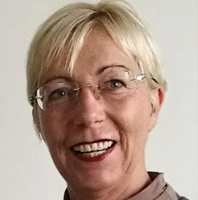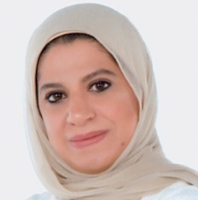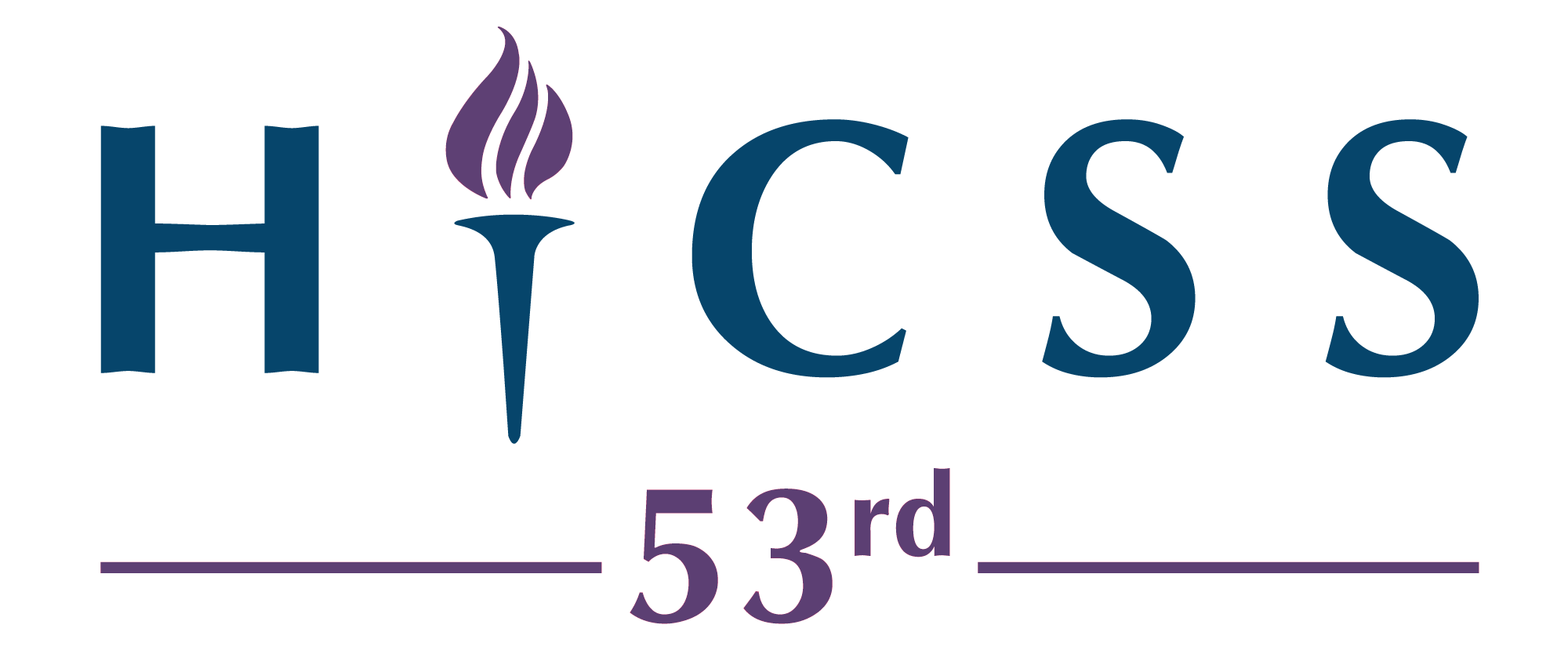HICSS - 53 Digital Government Track
53rd Hawaii International Conference on System Sciences
January 7-10, 2020 - Grand Wailea, Maui, HI, USA
Overview
Minitracks
Tutorials and Workshops
Other Links
Digital Transformation and Government: Empowering Businesses and Citizens



Description
This minitrack (MT) focuses on how digital transformation (DT) in government can empower society, fundamentally changing how government information and services operate and deliver value to citizens and organizations.
Digital transformation is the integration of digital technologies into organizational processes, extending from national and international governing bodies and agencies, businesses, and non-profit organizations all the way down to individual citizens. These transformations drive innovations—which are deliberate, and sometimes disruptive—while leaders and citizens strive, at the same time, to channel the swift progress of digital technologies toward optimal ends. For example, new platforms such as social media or mobile apps can not only provide new venues for citizen-activist collaboration but also challenge our assumptions about personal privacy. What policies can foster, promote, and manage digital transformation and innovation, and how can they be developed most effectively?
This minitrack therefore explores the complexities of effectively governing, organizing, and managing the transformational potential of digital and smart government. Increasingly, this process involves interorganizational collaboration and the co-creation of value, multi-sector and cross-jurisdictional networks, and the management of a large variety of relationships with internal and external stakeholders. By empowering society/citizens and engaging them in civic action, digital transformations create social impacts in many fields. To define future research directions, practice, and implications for governments, communities, and society at large, it is important to develop an improved understanding of the relationships between digital transformations and innovations.
The topics of this MT include but are not limited to
- factors affecting DT and innovation in and with public administrations
- DT-driven innovations in specific domains such as health care, emergency services, political processes, identity management, etc.
- citizen participation with administrations and governments to address DT
- innovation in civic engagement
- knowledge management as part of DT
- citizen political discussion and mobilization on social media, and the possibility of citizen value co-creation as part of innovative engagement approaches
- social media platforms that facilitate two-way communication with government entities and their citizens
- DT that makes cities smarter, enhance workplace efficiency, and improves the lives of citizens
- global/cultural factors affecting including impacts and cross-national interactions.
We are looking for high-quality conference papers that adopt a wide range of approaches on content, case studies, or practical and theoretical models to advance this area of research. The papers submitted to this MT must be new and unpublished. The following sample questions should inspire you to submit a worthwhile paper:
- To what extent is DT evident in the development of strategies?
- Does DT actually lead to a more intensive exchange of ideas and more active participation?
- Are the business processes of public administrations currently becoming more transparent to citizens and businesses?
- How does the design of digital technologies and social media platforms influence the types of responses made, and how does it affect interactions and the forming of opinions and innovation?
- What are the critical issues related to privacy, information leakage, and the blurring of boundaries between private and public spheres, and what impact do they have?
- Is there a need to clarify the challenges thrown up by DT, and should an awareness of them be developed in the public at large?
- How do actors use DT and process changes to influence other actors and to create innovation?
- Which new trends in DT might be worth discussing and should be reflected upon?
Minitrack Leaders
Margit Scholl, PhD has been a professor since 1994 and since 2001 Professor of Business Informatics and Administrative IT in the Faculty of Business, Computing, and Law at the Technical University of Applied Sciences Wildau (TUASW) in Brandenburg, located to the southeast of Berlin. Her areas of interest cover project management, including e-government services and user experience and expectation; process management, including change and risk management; business applications and document management systems (eAkte); multimedia, including learning methodologies as authentic problem- and project-based blended learning. One of her main research themes of the last decade has been information security, data protection, and awareness. She founded the Wildau Institute for Innovative Teaching, Lifelong Learning and Evaluation (WILLE) in the Technology Center e.V. for Continuing Education in 2010, where she runs certification courses providing qualification as Information Security Officer and Data Protection Officer for Public Administration and SMEs. Together with her team and research partners, she also develops the “IT Security Arena” with game-based awareness-raising scenarios geared to specific target groups. For her, awareness is a fundamental issue.Jerald Hughes received his PhD degree in business and computer information systems from the Zicklin School of Business, Graduate Center of the City University of New York, in 2006, having taught at CUNY’s Baruch College since 1999. Beginning in 2006, he served as assistant professor in the CIS department of the College of Business Administration of the University of Texas–Pan American in the Rio Grande Valley and was promoted to associate professor, effective fall 2012. He served the college as associate dean for undergraduate education from 2011 to 2015 and is now the chair of the Information Systems Department of the College of Business and Entrepreneurship in the newly created University of Texas Rio Grande Valley. His research interests include digital information goods, e-commerce, information systems security, and text analytics.
Suha AlAwadhi received her PhD in information science from Loughborough University, United Kingdom, in 2007. She is an assistant professor in the Department of Information Studies at the College of Social Sciences, Kuwait University, Kuwait. Her main research interests are in e-government, technology acceptance, the usability and evaluation of information systems, social media, social inclusion, and knowledge sharing. Dr. AlAwadhi has written and published a number of articles on a variety of professional topics in regional and international journals and delivered many international conference presentations, seminars, and workshops.
Co-Chairs
Margit Scholl
(Primary Contact)
Technical University of Applied Sciences Wildau (TUASW)
Faculty of Business, Computing, Law House 100 /
Room 106 Hochschulring 1, 15745 Wildau, Germany
Phone: +49-3375-508-917
Email: mscholl@th-wildau.de
Suha AlAwadhi
Department of Library and Information Science
College of Social Sciences Kuwait University
P.O. Box 68168
Kaifan 71962, Kuwait
Phone: (965) 24984845
Email: s.alawadhi@ku.edu.kw
Jerald Hughes
Department of Library and Information Science
Department of Information Systems The University of Texas Rio Grande Valley
Phone: +1 (956) 665-7317
Email: j.hughes@utrgv.edu
